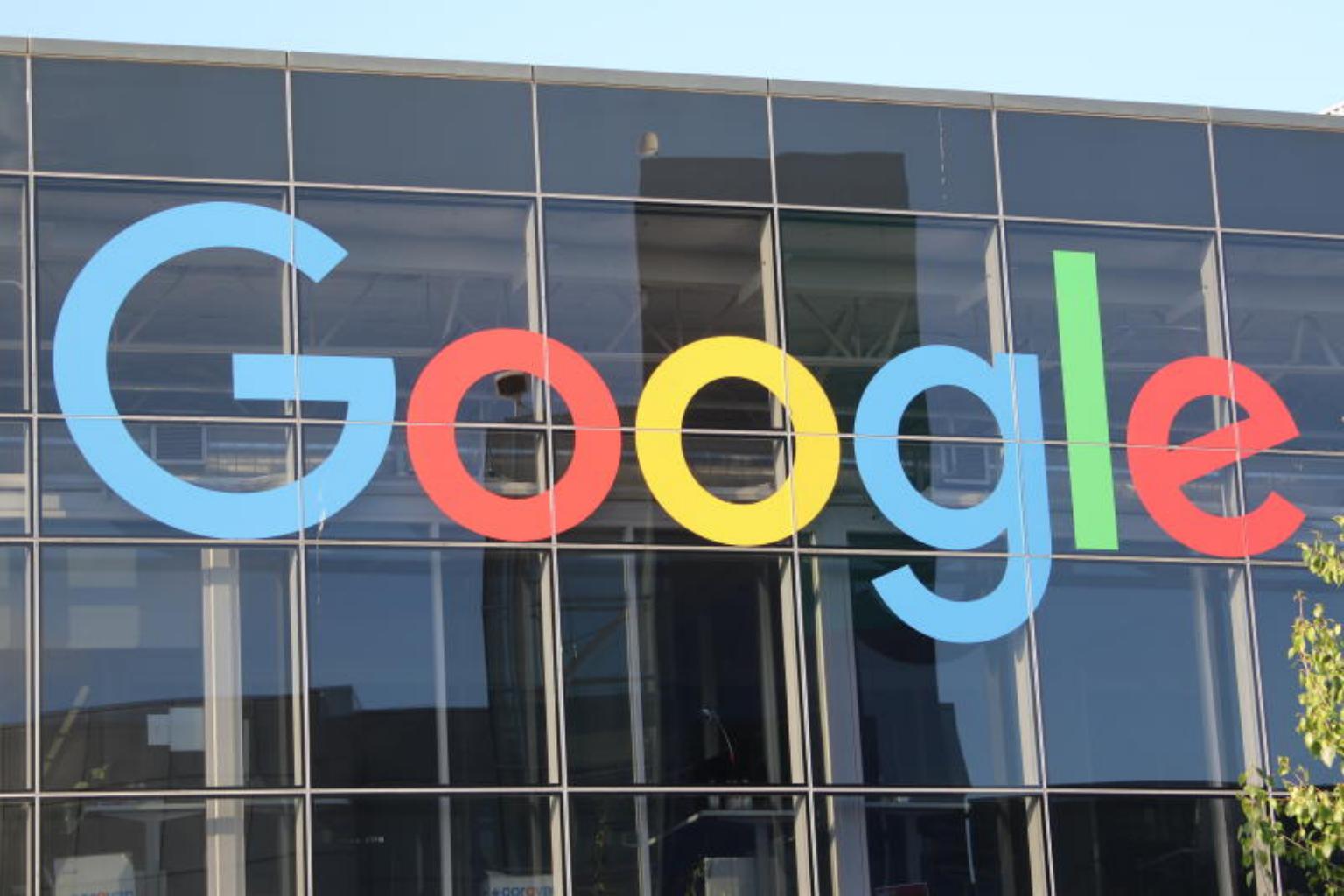Google admits 'dark skin' face scan project violated internal policy
Sign up now: Get ST's newsletters delivered to your inbox

Google hired teams of temps, gave some of them workspace at a Google office and then sent them out into the field to solicit scans.
PHOTO: DPA
Follow topic:
NEW YORK (TCA/DPA) - Google is working to save face. The tech giant admitted it is making changes after a New York Daily News investigation found its facial recognition field research project targeted homeless people, cash-strapped college students and subjects with "darker" skin.
Google said an internal investigation prompted by the Daily News' expose last month uncovered policy violations among the third-party contractors who worked out of its offices but went into the streets each day to solicit face scans with US$5 (S$6.80) gift cards as incentive.
The violations led the company to halt and overhaul the project, and now future face scans for product development will be limited to Google campuses only, meaning no further public data collection in the field, a source confirmed to the Daily News on Thursday.
Immediately after the Daily News published its story last month, Google suspended the facial scan programme and started a full investigation, a spokesman told the Daily News at the time.
On Wednesday (Nov 20), a spokesman acknowledged to the Daily News that its internal probe revealed a flawed data collection process.
"We found that the conduct was in violation of our training and scripts, and our policies on voluntary studies," the spokesman said.
"Going forward, the work will be done on Google sites only, to ensure we have better control over the research and the interactions with participants," he said.
The spokesman defended the spirit of the project, saying its goal was to build "greater inclusivity in our products, including the security features on Made by Google devices". He called the goal "important and necessary".
Google launched the internal probe after multiple people who worked on the project told the Daily News one or more of the project leads pushed them to use predatory tactics.
They said Google desperately wanted more face scans from people with "darker skin tones" so products like the face-unlock feature on its Pixel 4 smartphone wouldn't suffer from a racial bias.
Facial recognition technology has a history of being good at recognising white faces but much less accurate when it comes to people with darker skin.
With the goal of fine-tuning its biometric features with more diverse data, Google hired teams of temps through staffing partner Randstad, gave some of them workspace at a Google office in Venice, California, and then sent them out into the field to solicit scans.
One team was sent to Atlanta. A former hire with knowledge of the trip said the explicit goal was to target people with "darker skin". The staffer said a Randstad manager specifically instructed the team to target black homeless people in Atlanta because "they're the least likely to say anything to the media".
The Daily News obtained photos of people lined up to trade their face scans for the US$5 gift cards in an Atlanta park known as a gathering place for homeless people.
The report prompted Atlanta's city attorney to send a letter to top Google execs demanding answers and rebuking the company for allegedly "exploiting" the city's "most vulnerable populations".
Others who worked on the Google project told the Daily News they felt pressured to maximise their collections by rushing subjects through the consent agreement and positioning the scan as a "mini game" or new app that needed testing.
The Daily News watched two Google contractors collect face scans from students in a study lounge inside the main library at California State University, Long Beach on Aug 28.
Wearing backpacks and looking like students themselves, the two men walked from table to table offering the gift cards in exchange for 3-D face scans that several students later said they didn't realise they were selling.
A university spokesman told the Daily News the school was surprised Google contractors were secretly soliciting scans from students.
"The university found your report disturbing. We had no knowledge that Google subcontractors were on campus engaged in this work," CSULB spokesman Gregory Woods told the Daily News.
"It would not have been our practice to permit this activity in our library," he said.

